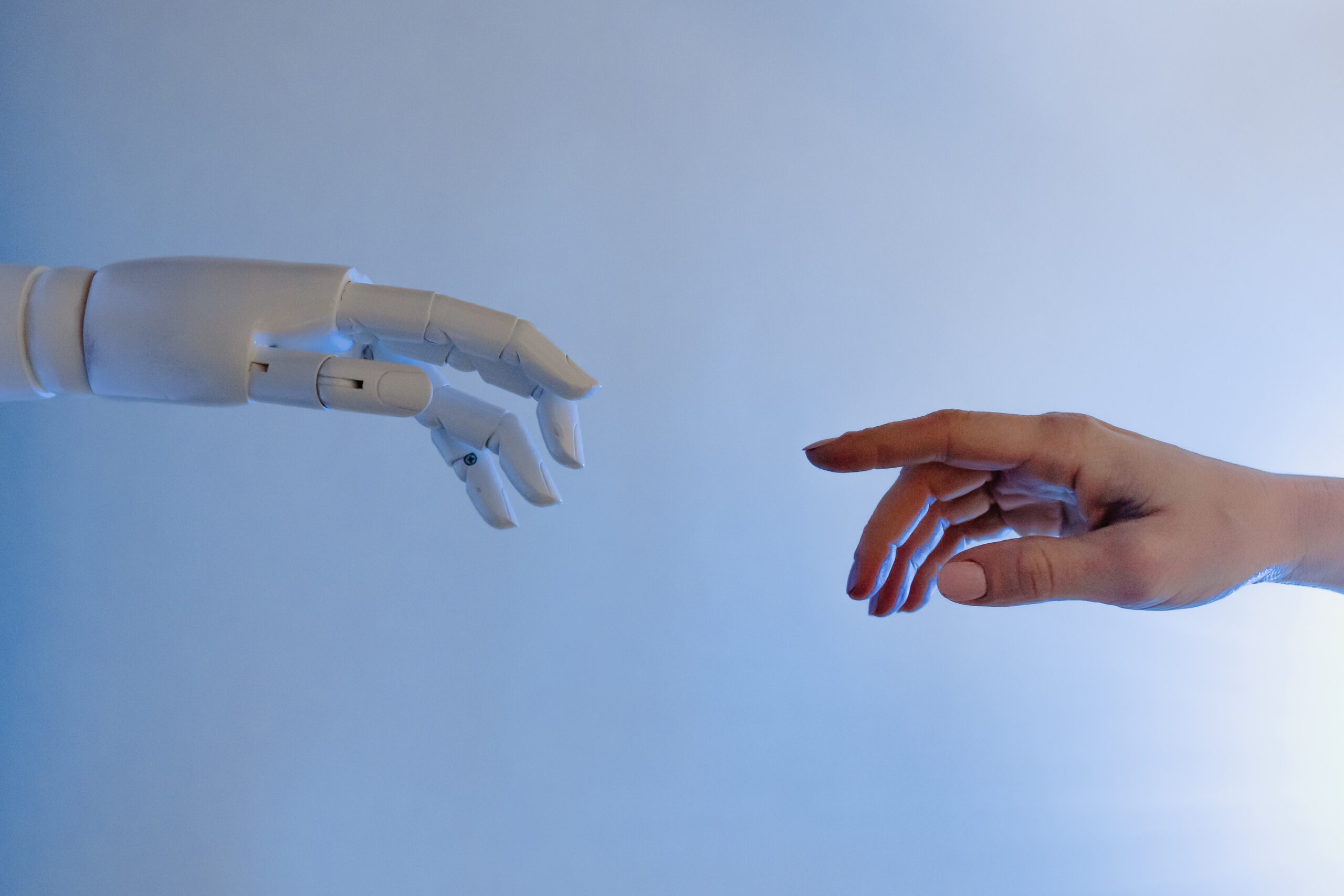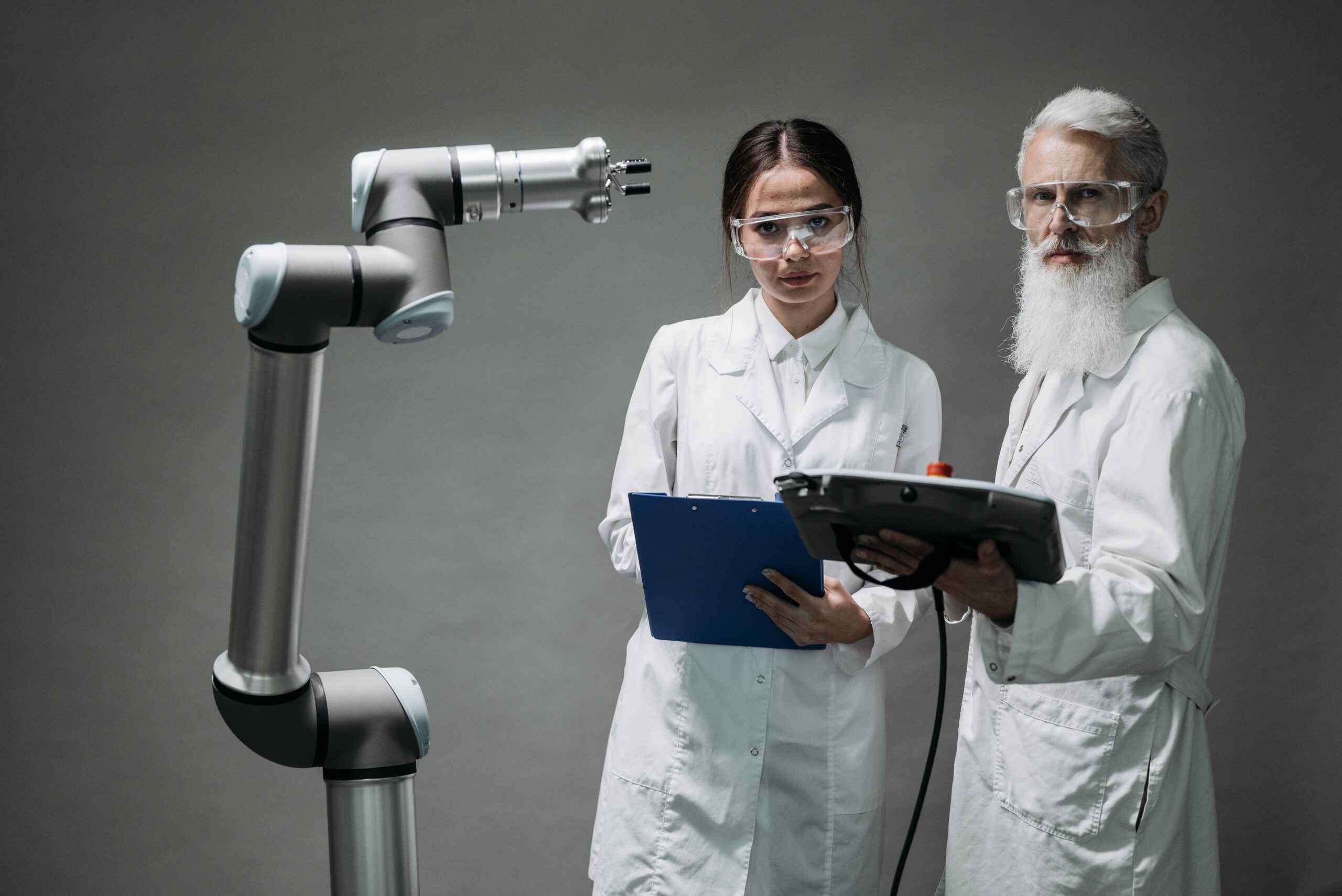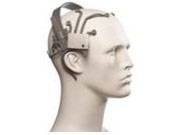
Aug
The Future Is Here
“Mitigating the risk of extinction from AI should be a global priority alongside other societal-scale risks such as pandemics and nuclear war.”
With just 22 words, we are ushered into a future once heralded in science fiction movies and literature of the past, a future our collective consciousness anticipated but has now taken us by surprise upon the realization of our unreadiness. It is a future where machines are intelligent enough to replicate a growing number of significant and specialized tasks. A future where machines are intelligent enough to not only threaten to replace the human workforce but humanity itself.
Published by the San Francisco-based Center for AI Safety, this 22-word statement was co-signed by leading tech figures such as Google DeepMind CEO Demis Hassabis and OpenAI CEO Sam Altman. Both have also expressed calls for caution before, joining the ranks of other tech specialists and executives like Elon Musk and Steve Wozniak.
Earlier in the year, Musk, Wozniak, and other tech leaders and experts endorsed an open letter proposing a six-month halt on AI research and development. The suggested pause is presumed to allow for time to determine and implement AI safety standards and protocols.
Max Tegmark, physicist and AI researcher at the Massachusetts Institute of Technology and co-founder of the Future of Life Institute, once held an optimistic view of the possibilities granted by AI but has now recently issued a warning. He remarked that humanity is failing this new technology’s challenge by rushing into the development and release of AI systems that aren’t fully understood or completely regulated.
Henry Kissinger himself co-wrote a book on the topic. In The Age of AI, Kissinger warned us about AI eventually becoming capable of making conclusions and decisions no human is able to consider or understand. This is a notion made more unsettling when taken into the context of everyday life and warfare.
Working With AI
We at Cascade Strategies wholeheartedly agree with this now emerging consensus and additionally, we believe that we’ve been obedient in upholding the responsible and conscientious use of AI. Not only have we long been advocating for the “Appropriate Use” of AI, but we’ve also made it a hallmark of how we find solutions for our client’s needs with market research and brand management.
Just consider the work we’ve done with the Expedia Group. For years, they’ve utilized a segmentation model to engage with their lodging partners by offering advice that could lead to the partner winning a booking over a competitor. AI filters through the thousands of possible recommendations to arrive at a shortlist of the best selections optimized for revenue.
With the continued growth and diversification of their partners, they then needed a more effective approach in engaging and appealing to them, something that focuses more on that associate’s behavior and motivations. We came up with two things for Expedia: a psychographic segmentation formed into subgroups based on patterns of thinking, feeling, and perceiving to explain and predict behavior, and more importantly, a Scenario Analyzer that utilizes the underlying AI model but now delivers recommendations in very action-oriented and compelling messaging tailor-fit for that specific partner.
The best part about the Scenario Analyzer is whether the partner follows any of the advice recommended or does nothing, Expedia still stands to make a profit while maintaining an image of personalized attentiveness to their partner’s needs. And ultimately, it’s the partner who gets to decide, not the AI.

Copyright Tara Winstead
Our Future With AI
This is how we view and approach AI- it’s not the end-all, be-all solution but rather an essential tool in increasing productivity and efficiency in tandem with excellent human thinking, judgment, and creativity. Yes, it is going to be part of our future but in line with the new consensus, we believe that AI shaped by human values and experience is the way to go with this emerging and exciting technology.








